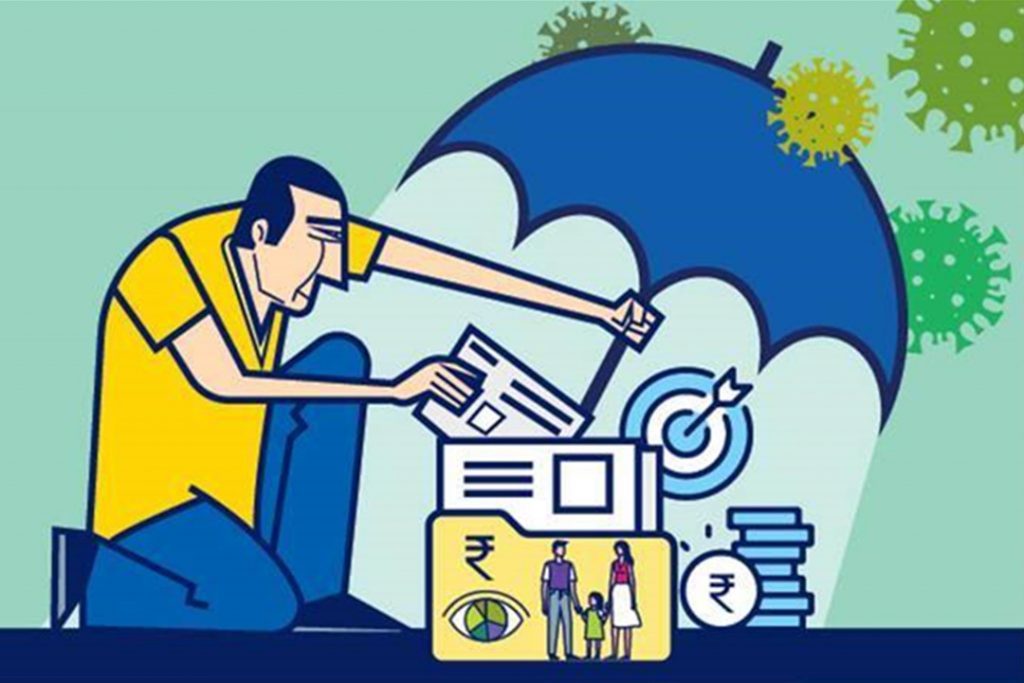You may not have a concrete idea about what financial insurance is, but it’s actually in many aspects of your overall financial life. All it is is a way to secure anything that you spend money on to have a sustainable foundation for you and your household. Typically, this is involved in big purchases required for survival, such as housing, transportation, and even medical expenses.
Knowing Financial Insurance
One of the most common policies when it comes to this area is security on a vehicle. This ensures that you’ll be covered if you get into an accident or if something happens to your car while you’re away from it. This is particularly important because you likely use your vehicle to get to and from work, and not having it means risking your income. It’s usually required, but make sure you sign up for what works for you.
Another common policy related to this area is life insurance. Since it’s not usually required, not everyone has it, though it’s usually provided through work by an employer. There are basic plans you can get that just cover, such as doctor visits and simple procedures, but you can also sign up for plans that include eye health and other medical aspects. These can get a bit complicated, so make sure to do your research.

The less common of the most widely known policies is life insurance. Most individuals who consider this kind of contract are usually older and have a family to support. Signing up for this ensures there’s financial stability even if there’s a death in the family that reduces household income. It’ll also cover expenses such as funeral bills and burial costs. While not too many people have this policy, it’s worth looking into.
In Conclusion
Even though you can’t get an actual insurance policy on money, there are various contracts you can use to save money in the long run on big purchases you need to make, such as a house, car, or expenses for any medical procedure. In this case, it helps to plan forward so you can anticipate anything that might come up. Otherwise, you may end up with a much more costly bill.




